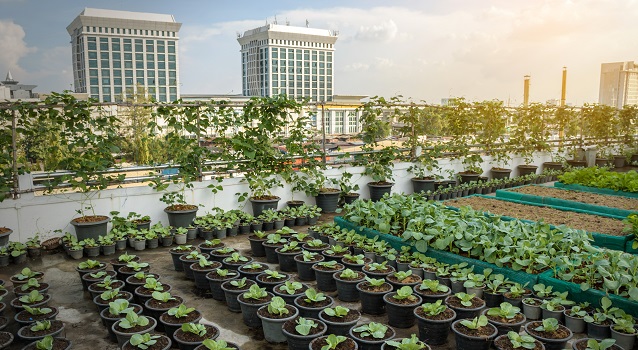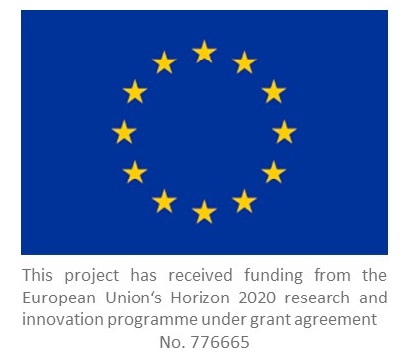Edible Cities Network (EdiCitNet)
The Edible Cities Network EdiCitNet) aims to make cities more liveable for everyone by implementing Edible City Solutions (ECS). Borderstep Institute supported the European Commission funded project for about three and a half years, helping initiatives, start-ups and those interested in starting a business to develop viable, sustainable business models for the edible city.
Innovative Business Models for the Edible City
The project looked at the whole urban food production chain. Borderstep supported EdiCitNet with practical expertise from the research area Sustainable Entrepreneurship. The offer included workshops on topics relevant for Edible City start-ups. These ranged from basic topics such as financing or location search to advanced topics such as impact management or staff recruitment and retention.
The Borderstep research team also offered 1:1 consulting sessions for selected organizations and start-ups. The consulting sessions focused on specific topics such as public funding. Another focus was on basic questions on how to develop a sustainable business model or how to use the Sustainable Business Canvas or the Edible City Solution Canvas.
Borderstep supported the development of the Edible Cities Network Platform
Supporting the development of the Edible Cities Network Platform was also an important area of activity. This online service is a global meeting place for sustainable urban food systems. Whether initiative or individual entrepreneur, city official or citizen – everyone is invited to become part of a collaborative network. Community members can become visible for their region with their own profile and find new partners and supporters.
Members can also benefit from the experience of the network. They can use the advisory tool to either seek advice or offer their own expertise and support. The online platform also provides the community with a wide range of free publications, information materials and videos, as well as design, analysis and planning tools.
Watch this video for an introduction to the Edible Cities Network platform and services. Learn more https://youtu.be/4rcGo-Ytk8Q?si=2w-1LjoJKlhm2g_E




